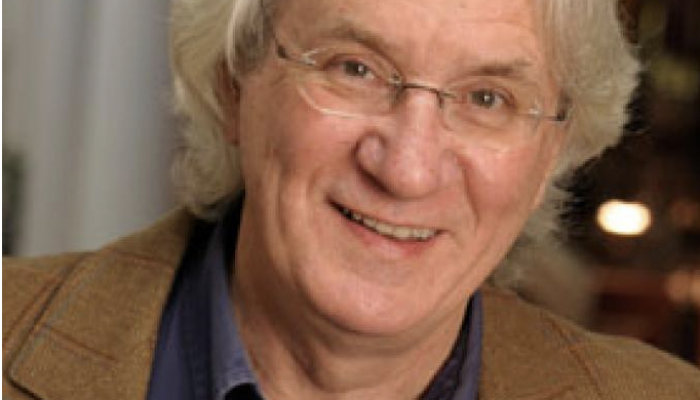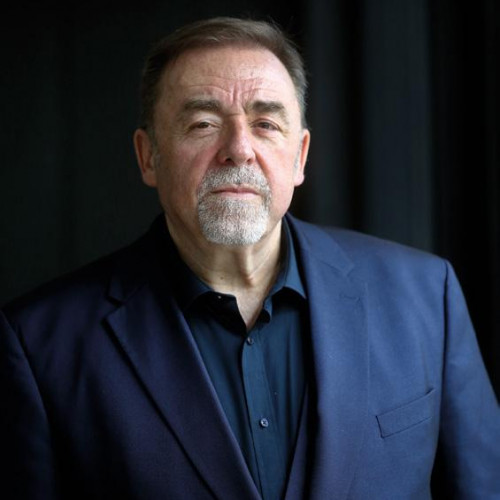Laudatio of Michael Tonry for the 2022 Distinguished services to the ESC award

Prof. Michael Tonry is one of the founders of the European Society of Criminology (ESC) and participated in the kick-off meeting to launch the ESC in The Hague (the Netherlands) on 7-8 April 2000. He also held the position of ESC Newsletter editor between 2000 and 2010. Michael Tonry was elected the 14th President by the ESC General Assembly of 2012. Altogether, Michael Tonry served on the Board for 13 years, ten years as a Newsletter Editor, and three years as president-elect, president and past president of ESC.
Michael Tonry has had an illustrious academic career on both sides of the Atlantic. He is internationally recognised as a significant figure in the field of the criminal policy and criminal sanction system of the United States and one of the most influential scholars in the comparative study of criminal policy and societal reactions to crime. He was one of the first who moved beyond the methodological and epistemological isolationism that besets many great national criminological traditions and encouraged criminologists to look beyond the institutional setting of their own country. He belongs to those team leaders who can identify the best researchers and put them to work together, either in an institute, as in Cambridge, or in preparing one of the timeless volumes of Crime and Justice.
However, the current award is not granted only for his scholarly achievements but, first and foremost, for his services to the ESC. In the case of Michael Tonry, these two are closely connected: being one of the founding fathers of the ESC, he applied the same open and inclusive view he employs in his scholarly work to the then-young ESC. Like the other founding members, Michael understood instinctively that the ESC should not become a local copy of more established scientific organisations but one that creates its unique structure and tradition, even with the inevitable dead-ends and side steps that come with experimentation. And time has proven the founding members right: today’s ESC is a unique society with its organisational ethos and communal identity. As a former official and president of the American Society of Criminology (ASC), he also had an inside view of how more established organisations work. His peerless insights were indispensable in helping the ESC find its path.
Looking at Michael Tonry’s role in editing the ESC Newsletter, one could admit that without Michael, the Newsletter would not have laid the foundations that led, in due course, to its recognition as an international publication whose articles deserved to be quoted in major criminology scientific journals. He dedicated hundreds of hours to finding and convincing prominent authors to write short articles and delivered them in time to be included in the Newsletter. Some of these contributions, such as the debate about the crime drop, are still regularly cited in scholarly publications. Others, such as the late Sophie Body Gendrot’s article about French criminology, sparked heated national debates. Under Michael Tonry’s editorship, the newsletter was not a dull ‘proceedings of the society’, but an issue collecting exciting publications, which many members looked forward to receiving.
After leaving his position as Newsletter Editor, Michael served three years on the ESC Executive Board as President-elect, President and Past-President. This period was different from the early years of the Society. It was marked by a contiguous growth in membership, larger conferences, and the rise of the European Journal of Criminology to the top tier of criminology journals. In response, the ESC had to undergo a certain level of professionalisation. Michael Tonry was instrumental in assisting the Society through this phase: he provided the Executive Secretary, the Journal editor, and the Newsletter editor with invaluable advice. He helped the ESC find a more assertive tone in renegotiating the contract with SAGE concerning the European Journal of Criminology, resulting in a new contract much more favourable to the ESC. At the same time, he also helped make sure that professionalisation does not mean a move towards profit-oriented industrial size events, professional employees, and a more corporate mindset in general, and that the ESC remains an inclusive organisation committed to using its funds for the advancement of European Criminology as a transnational and interpersonal conversation.
Due to the above-presented reasons, the Jury considers that Prof. Michael Tonry has given very distinguished services to the ESC and, therefore, fully deserves that award.
The Award Committee, May 2022
